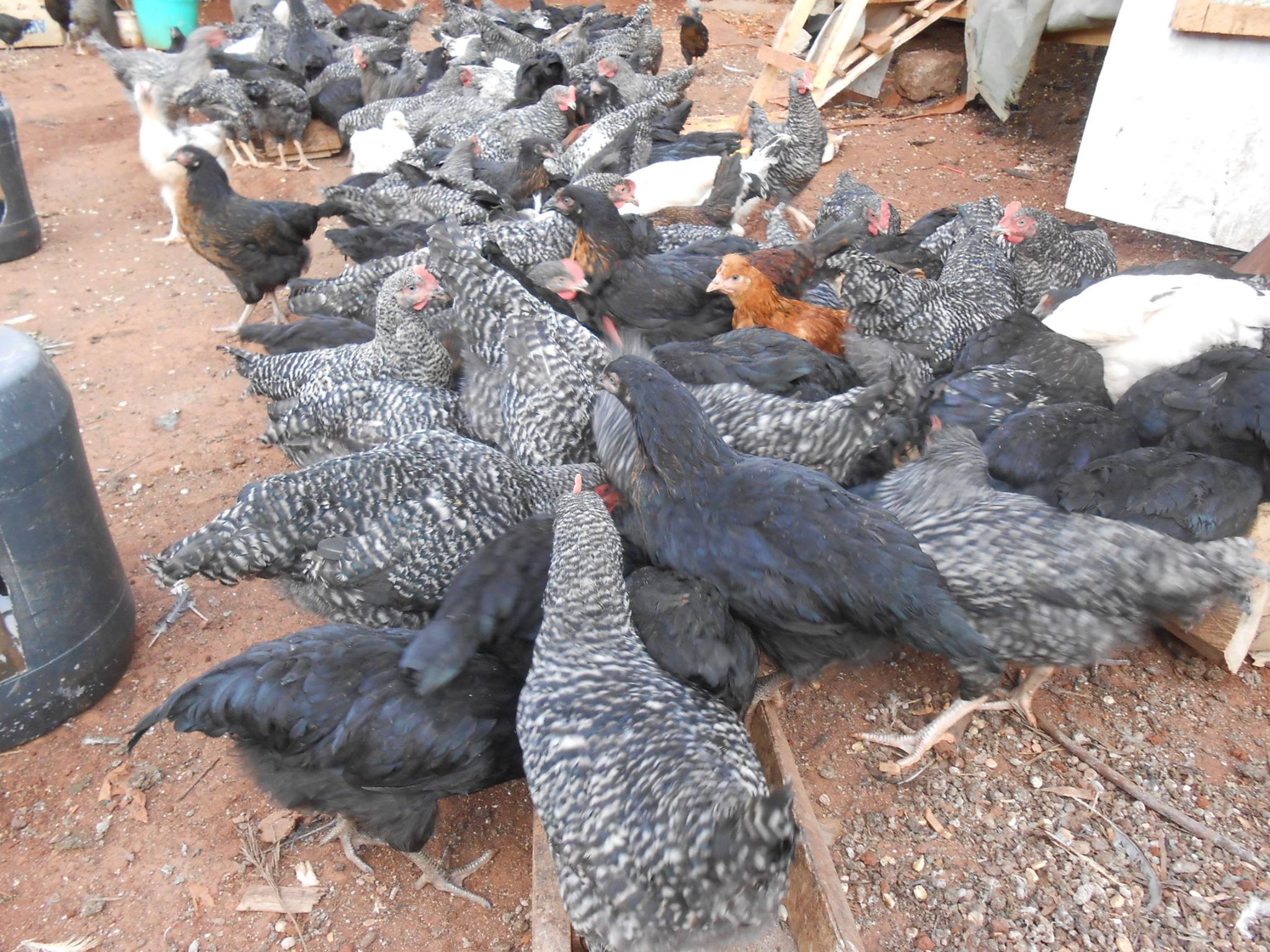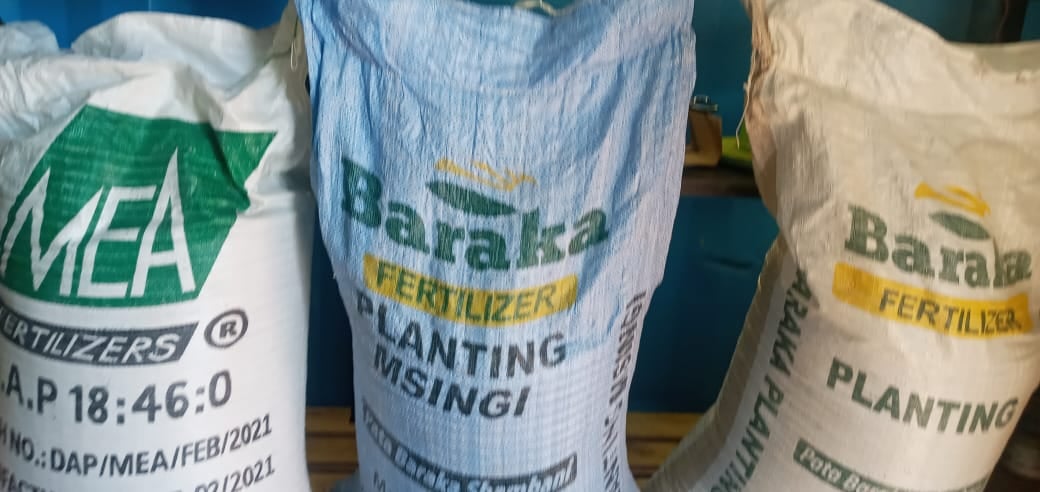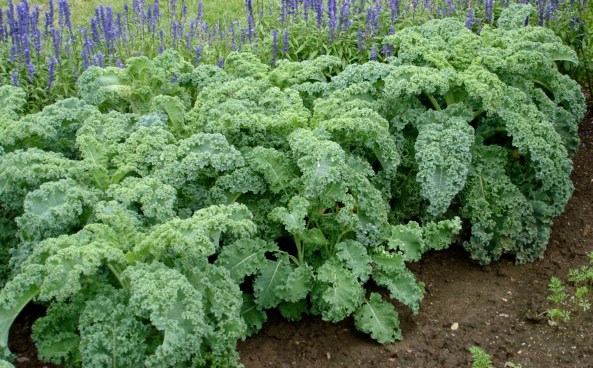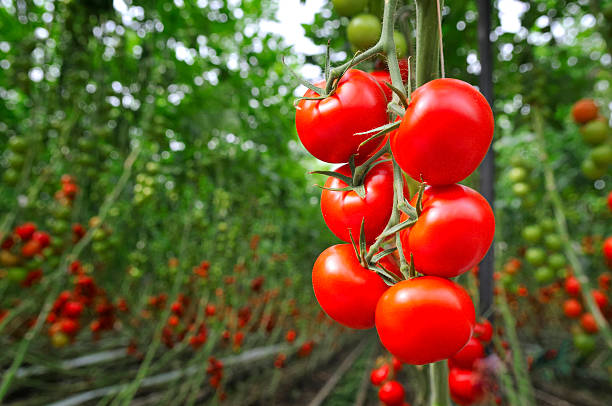STEP BY STEP ON HOW TO START LAYER CHICKEN FARMING
Planning
Proper planning is essential for a successful poultry farming venture. Start by conducting thorough research to understand the basics of raising chickens, including their lifecycle, nutritional needs, and common health issues. Familiarize yourself with local regulations related to poultry farming, such as zoning laws and health codes, to ensure compliance. Assess the market demand for eggs in your area to identify potential buyers and pricing strategies. Create a detailed budget that accounts for the costs of chicks, feed, housing, equipment, and other operational expenses. Selecting a suitable location for your farm is crucial; it should have good drainage, be safe from predators, and have access to electricity and water. A well-thought-out plan will help you avoid common pitfalls and set a strong foundation for your poultry farm.
Setup
Setting up your poultry farm involves constructing appropriate housing and acquiring necessary equipment. Design a poultry house that provides at least 2-3 square feet per bird to prevent overcrowding, which can lead to stress and disease. Ensure the house has adequate ventilation to maintain good air quality and reduce the risk of respiratory issues. Install a lighting system to provide 16 hours of light per day, which is crucial for egg production. Provide one nesting box for every 4-5 hens to give them a comfortable and clean place to lay eggs. Include perches for
roosting, as this helps keep hens calm and reduces stress. Secure the housing to protect the birds from predators and harsh weather conditions. Having the right setup from the start is key to maintaining a healthy and productive flock.
Getting the chicks
Acquiring healthy chicks from a reputable hatchery is the next critical step. Purchase day-old chicks that are vaccinated against common diseases like Marek’s disease to prevent outbreaks that could devastate your flock. Upon arrival, place the chicks in a prepared brooder that provides warmth and protection. The brooder should be kept at 95°F for the first week, gradually reducing the temperature by 5°F each week until it reaches 70°F. Providing a clean and controlled environment for the chicks during their early days is crucial for their healthy development.
Brooding
The brooding phase is vital for the growth and health of your chicks. Maintain the brooder at the appropriate temperature, starting at 95°F and decreasing weekly. Use clean, dry bedding such as wood shavings to keep the area hygienic and comfortable. Provide a high-quality starter feed with at least 18-20% protein to support rapid growth and development. Ensure constant access to clean water. Regularly monitor the chicks for signs of illness or stress, and take prompt action if any issues arise. Proper brooding practices lay the foundation for a strong and healthy flock.
Growing phase
As the chicks grow, increase the space available to them to prevent overcrowding, which can lead to stress and disease. Transition them to grower feed, which contains 16-18% protein, after 6-8 weeks. This feed supports their growth as they approach maturity. Continue to monitor their health closely, checking for signs of illness and maintaining a clean environment to prevent disease outbreaks.
Transition to layer feed
At around 18-20 weeks, transition your chickens to layer feed, which contains 16% protein and added calcium necessary for strong eggshell formation. Ensure they have consistent access to 16 hours of light per day, as this encourages regular egg production. Maintain a clean and comfortable living environment to keep the hens healthy and stress-free. By providing the right nutrition and environmental conditions, you can maximize egg production and ensure the health of your laying hens.
Egg production
Once your hens begin laying, check the nesting boxes daily for eggs. Ensure the eggs are clean and handle them carefully to maintain quality. Continue to provide high-quality feed and clean water, as these are essential for sustained egg production. Monitor the flock's health regularly and address any issues promptly to prevent disruptions in egg laying. Maintaining a clean and safe environment is crucial for producing high-quality eggs consistently.
Record keeping
Detailed record keeping is vital for managing your poultry farm effectively. Track daily egg production to monitor the performance of your flock. Record expenses related to feed, healthcare, and equipment, as well as income from egg sales. This helps you assess the profitability of your operation and make informed decisions. Analyzing these records can identify trends, optimize production, and ensure the financial health of your poultry farm.
Maintenance and biosecurity
Regular maintenance and strict biosecurity measures are essential to keep your flock healthy and productive. Clean the coop, feeders, and waters regularly to prevent the buildup of waste and reduce the risk of disease. Implement biosecurity protocols, such as limiting visitors and disinfecting equipment, to prevent the introduction of pathogens. Regularly check the flock for signs of illness and consult a veterinarian if necessary. Follow a vaccination and de worming schedule to protect your birds from common diseases and parasites.
STEP BY STEP ON HOW TO START LAYER CHICKEN FARMING





